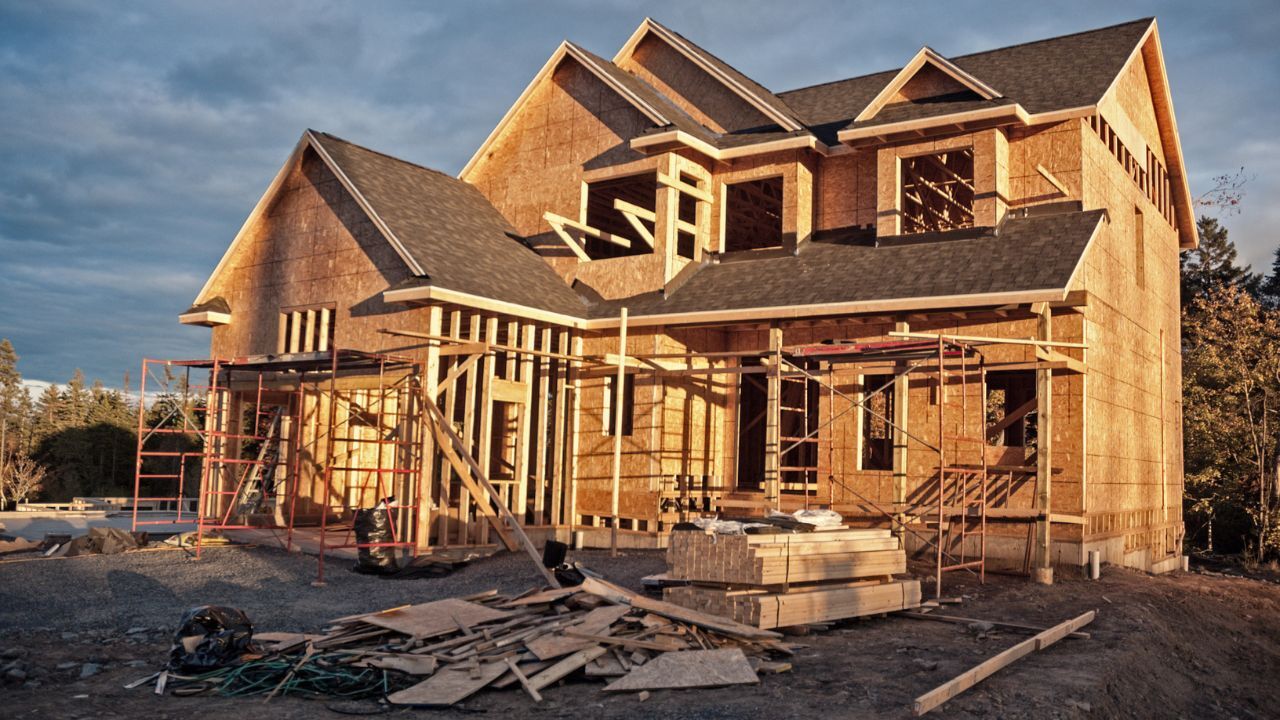 When buying a home, location is often cited as the most important factor. One element of location that has gained attention is walkability. Walkability scores measure how easy it is to access amenities like grocery stores, restaurants, schools, and parks by walking. Understanding walkability can help buyers evaluate lifestyle benefits and potential resale value.
When buying a home, location is often cited as the most important factor. One element of location that has gained attention is walkability. Walkability scores measure how easy it is to access amenities like grocery stores, restaurants, schools, and parks by walking. Understanding walkability can help buyers evaluate lifestyle benefits and potential resale value.
What a Walkability Score Means
Walkability scores typically range from zero to one hundred, with higher scores indicating more pedestrian-friendly areas. A high score often correlates with convenience, accessibility, and vibrant community life. Buyers value neighborhoods where daily errands can be accomplished on foot, which can influence demand and property appreciation over time.
Impact on Home Value
Homes in highly walkable areas often command higher prices because of increased demand. Walkable neighborhoods tend to attract professionals, young families, and retirees who prioritize convenience and lifestyle. Properties in these areas can see stronger long-term value appreciation and may sell faster than homes in less accessible locations.
Lifestyle Considerations
Walkability is not only about convenience but also about quality of life. Areas with high walkability encourage physical activity, reduce commuting stress, and foster social connections with neighbors. For buyers, considering walkability helps ensure that their chosen home aligns with their daily routines and lifestyle preferences.
Resale and Investment Potential
For investors or buyers considering future resale, walkability can be a key selling point. Even in changing markets, properties in walkable neighborhoods often retain value better and attract a wider pool of potential buyers. Understanding local amenities and pedestrian-friendly infrastructure is crucial for assessing long-term investment potential.
How to Evaluate Walkability
Several online tools provide walkability scores and detailed breakdowns of nearby amenities. Buyers can also visit neighborhoods on foot to get a firsthand sense of accessibility, safety, and convenience. Combining digital data with personal observation ensures a well-rounded evaluation.
Considering walkability when choosing a home can influence lifestyle satisfaction, property value, and long-term investment outcomes. Buyers who prioritize pedestrian-friendly neighborhoods may enjoy both convenience and financial benefits over time.
 In a competitive real estate market, buyers often hear about waiving contingencies to make their offer more attractive. While this strategy can help secure a home in high-demand areas, it also comes with risks that should be carefully considered before deciding.
In a competitive real estate market, buyers often hear about waiving contingencies to make their offer more attractive. While this strategy can help secure a home in high-demand areas, it also comes with risks that should be carefully considered before deciding. Buying a newly built home can feel exciting and fresh, but there are unique considerations that many buyers overlook. Understanding the nuances of new construction ensures you make informed decisions, avoid surprises, and protect your investment throughout the building and buying process.
Buying a newly built home can feel exciting and fresh, but there are unique considerations that many buyers overlook. Understanding the nuances of new construction ensures you make informed decisions, avoid surprises, and protect your investment throughout the building and buying process. Selling a home can feel straightforward, but many homeowners are surprised by the hidden costs that can affect their bottom line. Beyond the agentís commission and mortgage payoff, a variety of expenses can accumulate during the selling process. Understanding these costs ahead of time ensures you are financially prepared and helps avoid surprises at closing.
Selling a home can feel straightforward, but many homeowners are surprised by the hidden costs that can affect their bottom line. Beyond the agentís commission and mortgage payoff, a variety of expenses can accumulate during the selling process. Understanding these costs ahead of time ensures you are financially prepared and helps avoid surprises at closing. Selling a home in today’s market is about more than location and curb appeal. Smart home technology can significantly impact how quickly a property sells and at what price. Buyers increasingly value convenience, energy efficiency, and connectivity, making smart features a selling point that can set your home apart from others on the market.
Selling a home in today’s market is about more than location and curb appeal. Smart home technology can significantly impact how quickly a property sells and at what price. Buyers increasingly value convenience, energy efficiency, and connectivity, making smart features a selling point that can set your home apart from others on the market. Choosing where to buy a home is as important as selecting the property itself. Master-planned communities offer a thoughtfully designed living experience, with a focus on amenities, safety, and long-term value. These communities can provide homeowners with lifestyle advantages, convenience, and a sense of belonging that may not be found in traditional neighborhoods.
Choosing where to buy a home is as important as selecting the property itself. Master-planned communities offer a thoughtfully designed living experience, with a focus on amenities, safety, and long-term value. These communities can provide homeowners with lifestyle advantages, convenience, and a sense of belonging that may not be found in traditional neighborhoods. Buying a home is one of the most significant financial and emotional decisions many people will make. While excitement can sometimes cloud judgment, careful planning and informed decision-making can help you purchase a home you truly love and avoid regrets. Understanding what matters most, balancing emotions with logic, and working with trusted professionals are key steps in the process.
Buying a home is one of the most significant financial and emotional decisions many people will make. While excitement can sometimes cloud judgment, careful planning and informed decision-making can help you purchase a home you truly love and avoid regrets. Understanding what matters most, balancing emotions with logic, and working with trusted professionals are key steps in the process. Buying a home is exciting, but the process comes with important legal documents that require careful attention. Your home purchase agreement is one of the most critical papers you will sign, outlining the terms of your offer, contingencies, and obligations as a buyer. Understanding this agreement ensures you protect your interests, avoid surprises, and navigate the transaction with confidence.
Buying a home is exciting, but the process comes with important legal documents that require careful attention. Your home purchase agreement is one of the most critical papers you will sign, outlining the terms of your offer, contingencies, and obligations as a buyer. Understanding this agreement ensures you protect your interests, avoid surprises, and navigate the transaction with confidence. When buying a home, understanding the role of an earnest money deposit can make the difference between a smooth transaction and unnecessary stress. Earnest money shows a seller that you are serious about purchasing their property, and it often plays a key role in negotiating and securing your dream home. Knowing how it works, how much to offer, and what can happen to your deposit is essential for any buyer.
When buying a home, understanding the role of an earnest money deposit can make the difference between a smooth transaction and unnecessary stress. Earnest money shows a seller that you are serious about purchasing their property, and it often plays a key role in negotiating and securing your dream home. Knowing how it works, how much to offer, and what can happen to your deposit is essential for any buyer. When buying a home, it is natural to focus on the property itself, from layout to finishes and outdoor space. However, many real estate experts agree that the neighborhood can be just as important, if not more so, in determining your long-term happiness, property value, and lifestyle. Understanding the interplay between the home and its surroundings can help buyers make informed decisions that balance both priorities.
When buying a home, it is natural to focus on the property itself, from layout to finishes and outdoor space. However, many real estate experts agree that the neighborhood can be just as important, if not more so, in determining your long-term happiness, property value, and lifestyle. Understanding the interplay between the home and its surroundings can help buyers make informed decisions that balance both priorities.